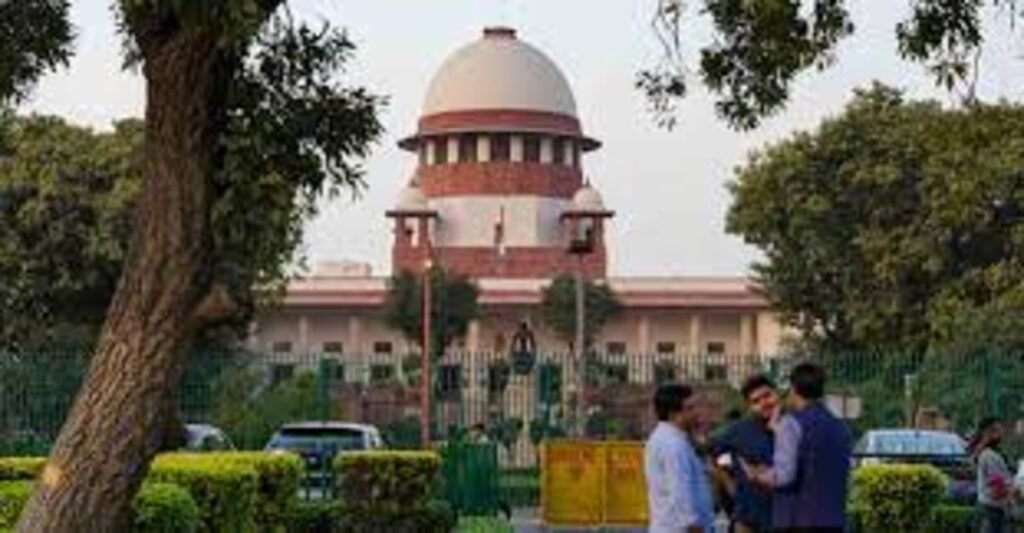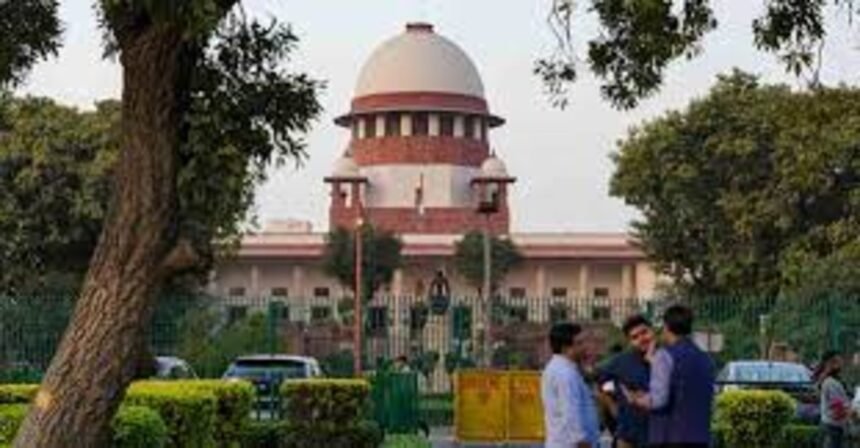August 21, 2023
Introduction
In a significant legal development, the Supreme Court of India has declined to stay the publication of the Bihar caste survey results. The Court’s decision came in response to a series of appeals challenging the validity of the survey, which was allowed to proceed by an order from the Patna High Court on August 1, 2023.

The bench of justices Sanjiv Khanna and SVN Bhatti announced that they do not intend to halt the publication of the Bihar survey unless the petitioners present a prima facie case that necessitates an interim order. The Court has set the next hearing for August 28, 2023, indicating its willingness to closely examine the merits of the case before making any determinations.
Petitioners Individuals and Organisations
The petitioners, including individuals and organizations like Youth for Equality and Ek Sock Ek Prayas, argued that the caste survey conducted by the Bihar government essentially resembles a “census,” a task that falls within the domain of the central government. They further contended that gathering information about citizens’ caste, religion, and profession infringes upon their right to privacy, highlighting concerns about data protection.
Senior advocate Mukul Rohatgi, representing Youth for Equality, appealed to the Court to consider suspending the release of survey results until the case is fully heard. However, the bench turned down the request, emphasizing that an existing judgment is in favor of the Bihar government. The justices expressed their stance that no stay order would be issued unless a compelling case for it is presented by the petitioners.
Shyam Divan, a senior advocate representing the Bihar government, clarified that the caste survey had been successfully completed on August 6, 2023, and the collected data was currently being uploaded for analysis. The Court acknowledged that while the data collection phase was finished, the more complex process of data analysis remained.
High Court’s Ruling
Addressing the core issue, the Patna High Court’s ruling asserted that while the term ‘census’ falls within the exclusive purview of the central government, state governments are not prohibited from gathering data to facilitate welfare programs and affirmative action initiatives. This interpretation seeks to strike a balance between central authority and states’ rights to collect data for targeted policy-making.
The demand for a caste survey gained momentum in Bihar last year, garnering support from various political parties, including the ruling Janata Dal (United) and Rashtriya Janata Dal. As the appeal for caste enumeration spread across India, opposition parties such as the Congress also joined the cause. Advocates for the survey believe that a comprehensive caste enumeration could potentially reshape political dynamics by countering religious polarization and altering the Bharatiya Janata Party’s influence among backward communities.
Conclusion
As the legal battle continues, the Supreme Court’s upcoming decision on the validity and consequences of the Bihar caste survey is eagerly awaited, with implications that could extend beyond the borders of the state.






